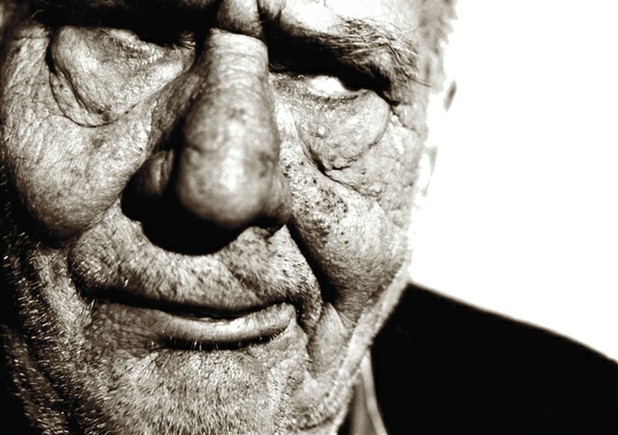- Story Highlights
-
- DRD4 Gene: People with the DRD4 7R expression are less responsive to dopamine and at greater risk of addiction.
- Greater Activity Promotes Longevity: But while people with this gene expression are at greater risk of addiction, they are also more likely to be physically active
Finally Some Good News! Gene Linked to Increased Addiction Risk Also Linked to Extreme Longevity
Comments (1)Researchers say that people with the DRD4 7R gene are at an increased risk of ADHD and addiction but also more likely to live to extreme old age.
For those prone to addiction…finally some good news!
Researchers say having a gene that predisposes you to conditions like ADHD and addiction may also keep you fit and healthy into extreme old age.
The DRD4 Gene
The DRD4 gene plays a role in regulating the body’s response to dopamine (a natural pleasure producing chemical).
People with the DRD4 7R allele do not respond as strongly to dopamine, and as a result, experience less pleasure from everyday stimuli (enjoying palatable foods, for example).
- People with this genotype have also been shown to have an increased risk of ADHD and addiction. The increased addiction risk likely occurs as people seek out more intense dopamine-releasing experiences as a way to compensate for their under-performing dopamine systems.
- However, people with this genotype are also more prone to greater activity as they seek out pleasure and arousal, and over the long term, especially once you pass the risky adolescent and young adulthood period, this seems to encourage longevity.
So a genotype which increases your risk of problems in early life may decrease your risk of problems in older age by keeping you more active and healthy.
The Experiment
Researchers collected genotype information from more than 1000, 90 to 109 year old study subjects.
They found that:
- The oldest study subjects were most likely to have the DRD4 7R allele.
- Compared to people who died at a younger age, people who lived past 90 were 66% more likely to have the DRD4 7R allele
To further test the link between the DRDR gene and longevity, the researchers eliminated the gene from a group of mice.
- The mice missing the DRD4 gene didn’t live as long (7% to 9.7% fewer days) as the mice with this gene expression.
Read the full study results in the Journal of Neuroscience


